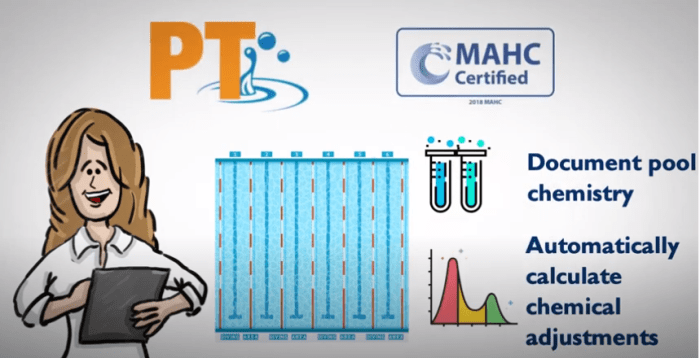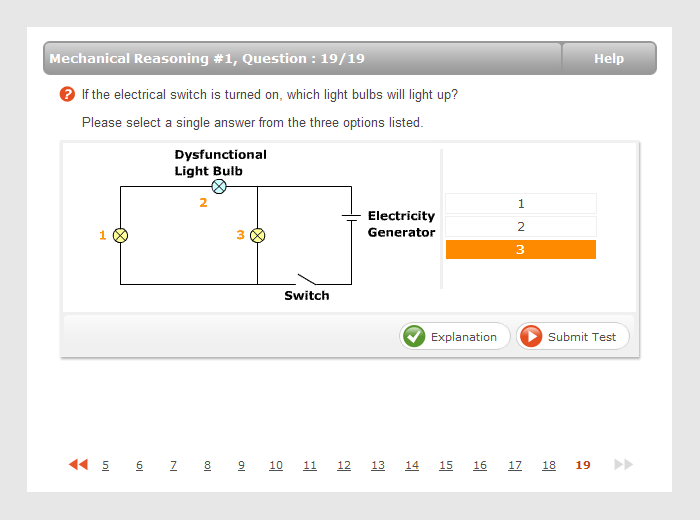The Nebraska pool operator test answers provide a comprehensive guide for individuals seeking to obtain a pool operator license in Nebraska. This guide encompasses the requirements, topics covered, study resources, and strategies for passing the test, ensuring the safety and well-being of swimmers in Nebraska.
Understanding the pool maintenance and safety regulations, emergency procedures, and first aid protocols is crucial for pool operators in Nebraska. By adhering to these regulations, pool operators can mitigate hazards, respond effectively to emergencies, and maintain a safe and enjoyable swimming environment.
Pool Operator Licensing in Nebraska

Pool operators in Nebraska must obtain a license from the Nebraska Department of Health and Human Services (DHHS) to operate a public swimming pool. To qualify for a license, applicants must meet certain requirements and pass a comprehensive exam.
Requirements for obtaining a pool operator license in Nebraska include:
- Being at least 18 years of age
- Having a high school diploma or equivalent
- Completing a DHHS-approved pool operator training course
- Passing the Nebraska pool operator test
The Nebraska pool operator test covers a wide range of topics related to pool operation and maintenance, including:
- Pool chemistry
- Equipment maintenance
- Lifeguard training
- Emergency procedures
- First aid
DHHS provides a variety of resources to help candidates prepare for the pool operator test, including a study guide and practice questions.
Pool Maintenance and Safety Regulations

Pool operators in Nebraska must follow specific pool maintenance and safety regulations to ensure the health and safety of swimmers. These regulations include:
- Maintaining proper pool chemistry, including pH, chlorine, and alkalinity levels
- Regularly cleaning and maintaining pool equipment, such as filters, pumps, and skimmers
- Providing adequate lifeguard training and supervision
- Developing and implementing emergency procedures
- Having a first aid kit on-site
Common pool hazards include:
- Drowning
- Slip and falls
- Chemical imbalances
- Equipment malfunctions
Pool operators can mitigate these hazards by taking the following steps:
- Enforcing pool rules and regulations
- Providing adequate supervision
- Regularly inspecting and maintaining pool equipment
- Responding quickly to emergencies
Emergency Procedures and First Aid
Pool operators should be familiar with emergency procedures, including evacuation plans and CPR. They should also be trained in basic first aid and have a first aid kit on-site.
Common pool emergencies include:
- Drowning
- Heart attack
- Stroke
- Seizure
- Slip and falls
The following table summarizes common pool emergencies and the appropriate response protocols:
| Emergency | Response Protocol |
|---|---|
| Drowning | Call 911. Begin CPR and rescue breathing. |
| Heart attack | Call 911. Administer CPR. |
| Stroke | Call 911. Help the person get to a sitting position. |
| Seizure | Call 911. Clear the area of objects that could injure the person. |
| Slip and falls | Assess the person’s injuries. Call 911 if necessary. |
Nebraska Pool Operator Test Format and Content

The Nebraska pool operator test consists of 100 multiple-choice questions. Candidates have 2 hours to complete the test. The test is divided into the following sections:
- Pool chemistry (25 questions)
- Equipment maintenance (25 questions)
- Lifeguard training (25 questions)
- Emergency procedures (15 questions)
- First aid (10 questions)
Sample questions from each section of the test are available on the DHHS website.
Tips for Passing the Nebraska Pool Operator Test: Nebraska Pool Operator Test Answers

To increase your chances of passing the Nebraska pool operator test, follow these tips:
- Study the DHHS study guide and practice questions.
- Take a DHHS-approved pool operator training course.
- Review the Nebraska pool operator regulations.
- Get plenty of rest before the test.
- Arrive at the testing center on time.
- Read the test instructions carefully.
- Answer all of the questions to the best of your ability.
- Don’t be afraid to guess if you don’t know the answer to a question.
- Check your answers carefully before submitting the test.
General Inquiries
What are the requirements for obtaining a pool operator license in Nebraska?
To obtain a pool operator license in Nebraska, individuals must be at least 18 years of age, complete an approved training course, and pass the Nebraska pool operator test.
What topics are covered on the Nebraska pool operator test?
The Nebraska pool operator test covers topics such as pool chemistry, equipment maintenance, lifeguard training, emergency procedures, and first aid.
Where can I find resources to study for the Nebraska pool operator test?
The Nebraska Department of Health and Human Services provides a study guide and practice test for the pool operator test on their website.